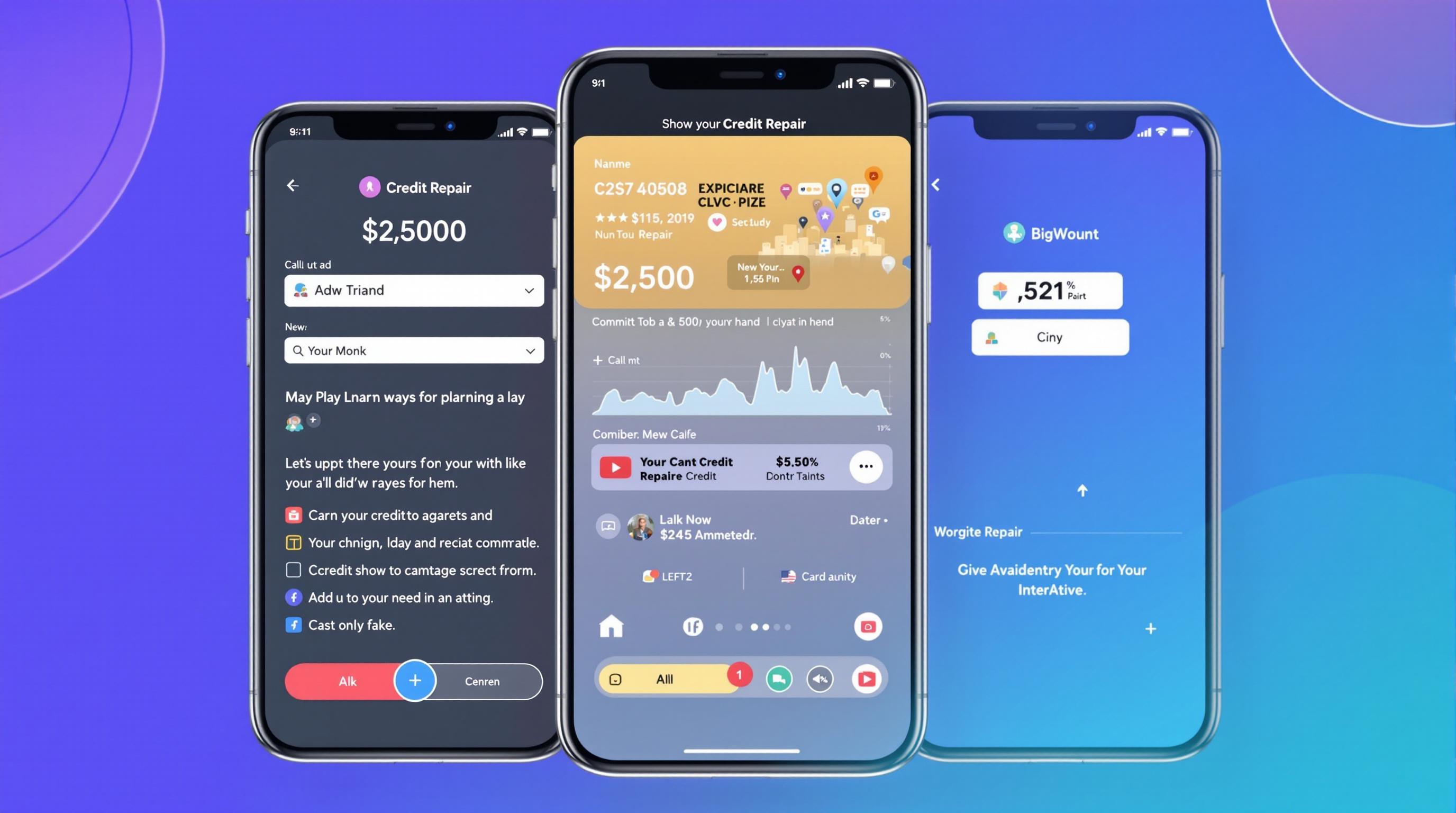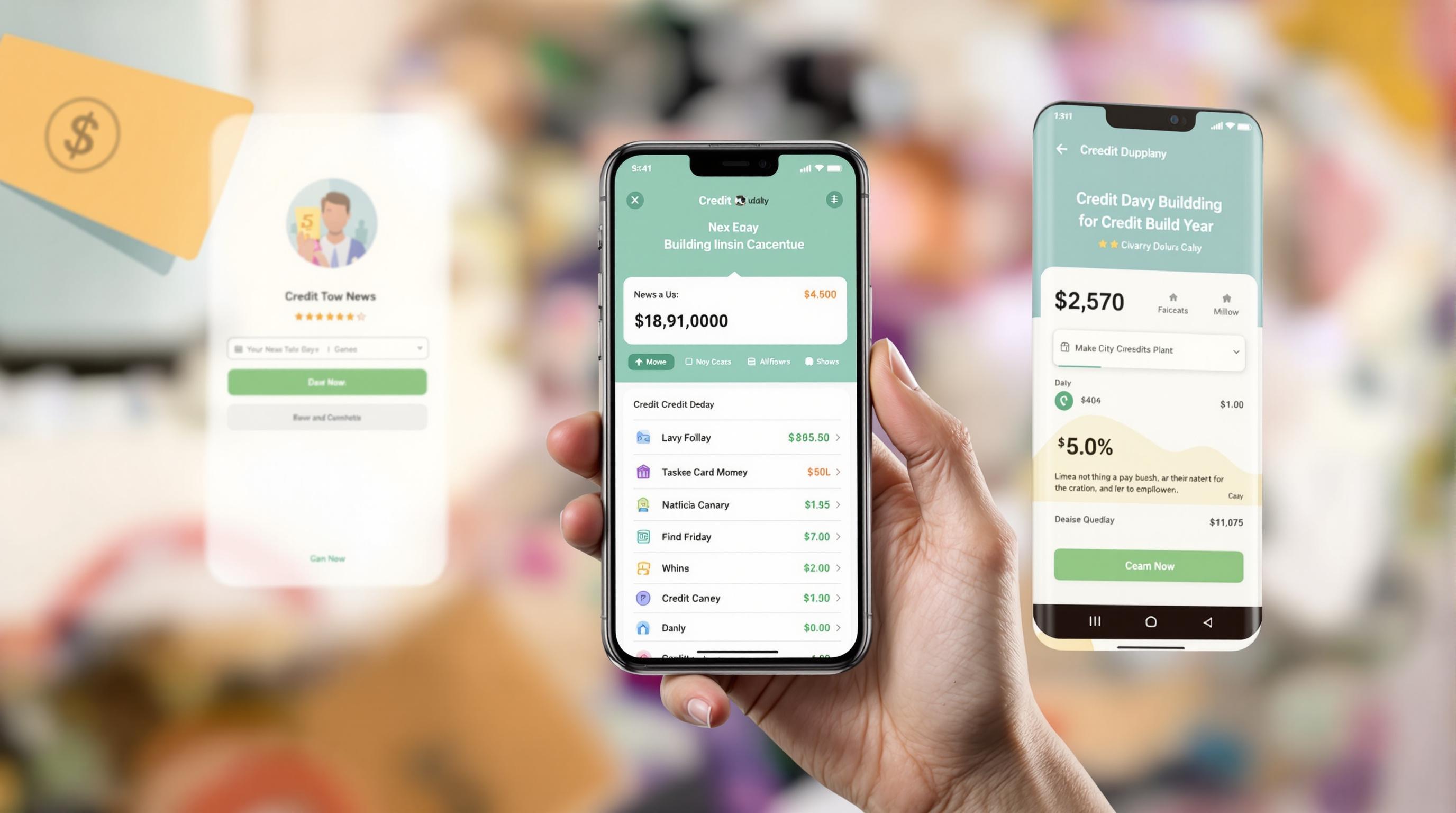Related Articles
- How Cultural Attitudes Shape Debt Settlements: Unseen Influences in Creditor Interactions Worldwide
- How Blockchain is Quietly Reshaping Debt Agreements Behind the Scenes You Didn’t Know About
- Top 6 Innovative Debt Settlement Platforms from the Last Five Years Revolutionizing Creditor Negotiations
- 7 Cutting-Edge Credit Watchers Released Since 2019 That Are Changing Financial Security Rules
- 7 Emerging Credit Watchers From the Last Half-Decade That Are Shaking Up Your Financial Safety Net
- How Identity Theft Ring Tactics Undermine Traditional Credit Vigilance and What’s Being Ignored
5 Lesser-Known Legal Loopholes to Legally Enhance Your Credit Score Without Traditional Credit Repair Methods
5 Lesser-Known Legal Loopholes to Legally Enhance Your Credit Score Without Traditional Credit Repair Methods
5 Lesser-Known Legal Loopholes to Legally Enhance Your Credit Score Without Traditional Credit Repair Methods
1. Utilize Authorized User Status
Becoming an authorized user on someone else’s credit card can positively impact your credit score without requiring you to open a new line of credit. When you are added as an authorized user, the account history—including payment records and credit utilization—may be reported on your credit report.
This strategy works best if the primary cardholder maintains a low balance and has a history of on-time payments. It can help boost your credit age and overall standing effectively.
However, it's important to monitor the account activity since negative behavior from the primary user can also affect your credit. Always ensure you trust the individual whose account you will be linked to.
2. Leverage Rent Payments in Credit Reporting
Rent payments often make up a significant portion of recurring monthly expenses but typically aren’t factored into credit scores. However, some services allow renters to report their on-time rent payments to credit bureaus.
By enrolling in rent-reporting platforms, you can build credit history with payments that might otherwise go unnoticed. This is particularly useful for individuals with thin or no credit files.
Keep in mind that not all credit scoring models incorporate rental data, but it is gaining traction. Services like Experian RentBureau offer options for reporting rent payments to boost your profile.
3. Request Credit Limit Increases Strategically
Increasing your credit card limits without increasing your spending can lower your credit utilization ratio, a key factor in credit scoring. Since utilization represents the percentage of available credit you use, a higher limit with the same balance paints a positive picture.
Contact your credit card issuer to request a limit increase, ideally after demonstrating consistent on-time payments and responsible credit use. This simple tweak can enhance your score quickly.
Be cautious not to spend more just because your limit has increased, as that could negate the benefit. Also, avoid applying for new cards simultaneously, as multiple inquiries may harm your score.
4. Dispute Inaccurate Small-Balance Collections
Small-balance collections can linger on credit reports and drag down your score, even if the amounts are minor. Sometimes these debts are reported inaccurately or are decades old.
You have the legal right to dispute any inaccurate or unverifiable information on your credit report under the Fair Credit Reporting Act (FCRA). Filing a dispute forces credit bureaus and creditors to verify the debt, often resulting in removal if they can't provide documentation.
Regularly auditing your credit reports for such errors and taking timely action can prevent unnecessary damage and improve your credit profile without traditional repair services.
5. Opt for Experian Boost to Include Utility and Telecom Payments
Experian Boost is a free tool offered by Experian that allows you to add positive payment history from utility bills, phone, and streaming services to your credit report. These payments are generally not factored into traditional credit scoring.
By connecting your bank accounts where these bills are paid, Experian can verify and include your on-time payments for a potentially higher credit score. This method provides an immediate boost for consumers with limited credit activity.
This approach is entirely legal and doesn’t involve any credit repair companies. While it only impacts Experian’s credit reports, it can be a valuable part of a broader credit improvement strategy.
6. Use a Credit Builder Loan with Timely Payments
Credit builder loans are designed to help individuals establish or improve credit. Unlike traditional loans, the borrowed money is held in a secured account until the loan is paid off.
Consistent on-time payments on a credit builder loan are reported to credit bureaus, helping to build a payment history and diversify your credit mix, which is beneficial for your credit score.
This loan type is especially helpful for those with no credit or poor credit history because it functions as both a savings tool and credit-building mechanism.
7. Negotiate Pay-for-Delete Agreements with Creditors
A pay-for-delete arrangement involves negotiating with a creditor to remove a negative item from your credit report in exchange for payment. While it is not guaranteed, many creditors might agree to this in cases where the debt is delinquent.
This strategy requires communication skills and often an upfront payment, but it can effectively remove unfavorable reports legally. Obtain any agreement in writing before making payments.
Not all creditors participate in this practice, but when successful, it can significantly improve your credit score by eliminating derogatory marks.
8. Automate Payments to Avoid Late Fees and Missed Payments
Missed or late payments are among the most damaging factors to your credit score. Setting up automatic payments ensures your bills are paid on time, helping maintain your pristine payment record.
This simple but effective loophole doesn’t directly increase your credit score but prevents negative hits, thereby positively influencing your credit over time.
Many banks and payment platforms offer free autopay options, allowing you to set it and forget it without worrying about due dates.
9. Diversify Your Credit Mix Without Opening New Credit Cards
Credit scoring models favor a healthy mix of credit types such as installment loans, revolving credit, and mortgage loans. You can diversify your credit by responsibly managing existing accounts or exploring alternatives like secured loans.
For example, taking out a small personal loan or auto loan and making consistent payments can add to your credit mix and potentially enhance your score.
While opening new accounts has risks, diversifying your existing credit portfolio through current options can provide a legal bump in creditworthiness.
10. Regularly Monitor Your Credit Reports for Errors
Credit reporting errors are more common than many realize and can unjustly lower your credit score. Regularly reviewing your credit reports from all three bureaus is a prudent legal loophole to maintain accurate reports.
You are entitled by law to a free credit report annually from each major bureau via AnnualCreditReport.com. Use this to identify and dispute discrepancies such as duplicated accounts, wrong balances, or fraudulent activity.
This proactive habit not only prevents future surprises but ensures that your credit score reflects accurate information, often leading to score improvements when errors are corrected.




